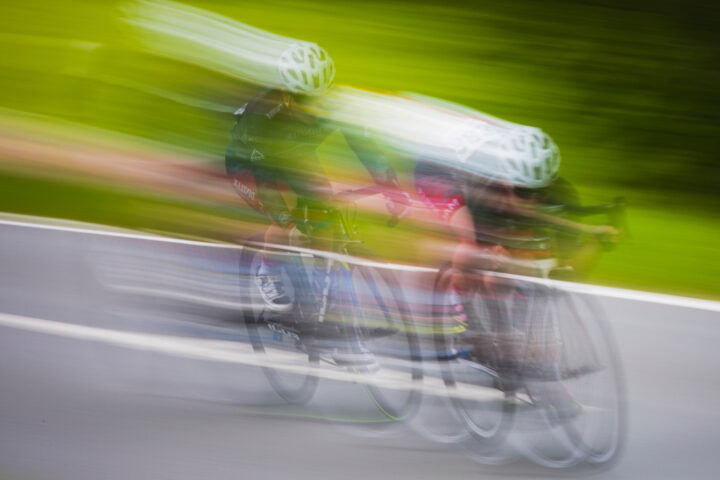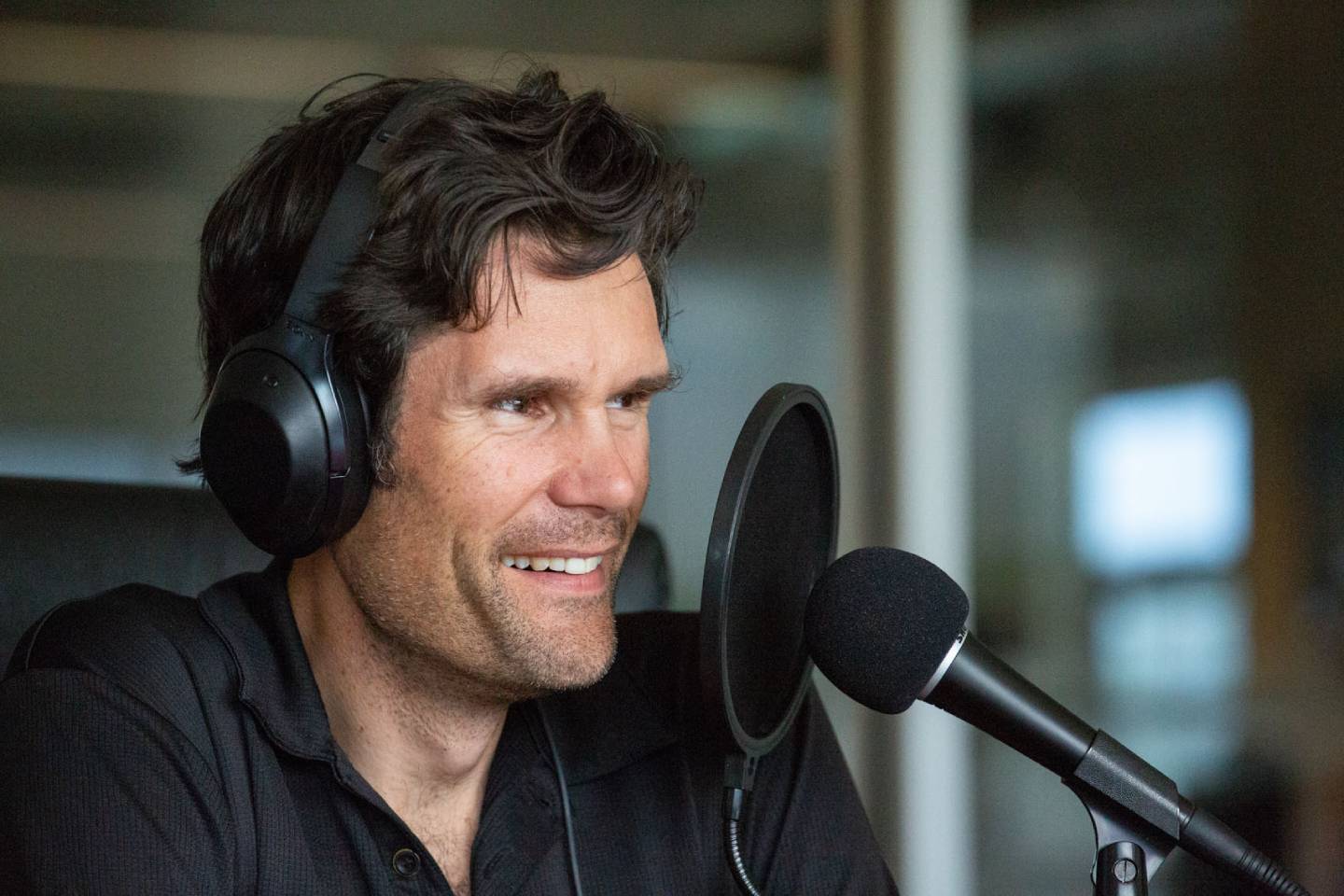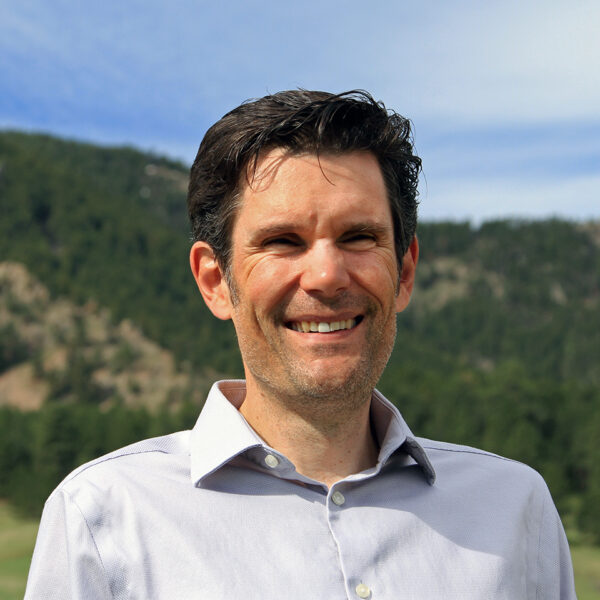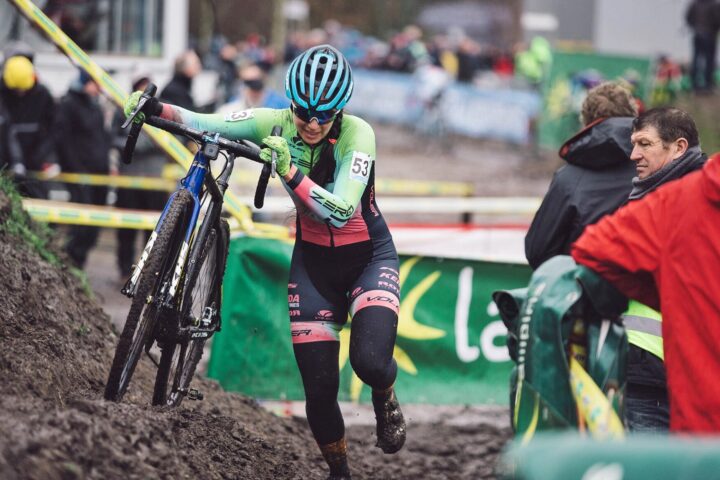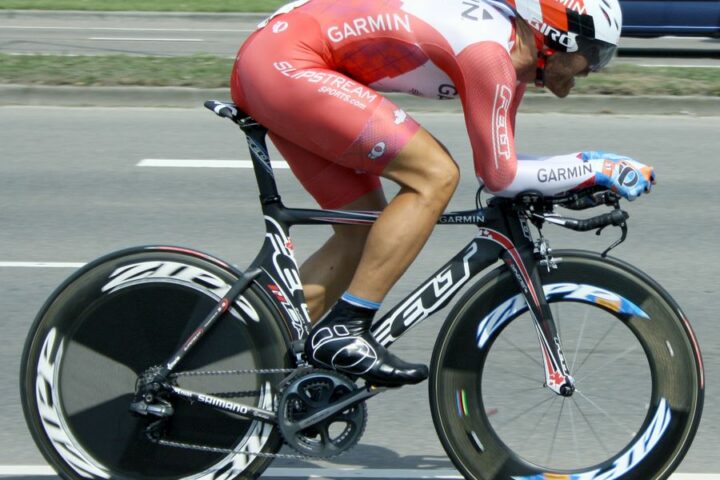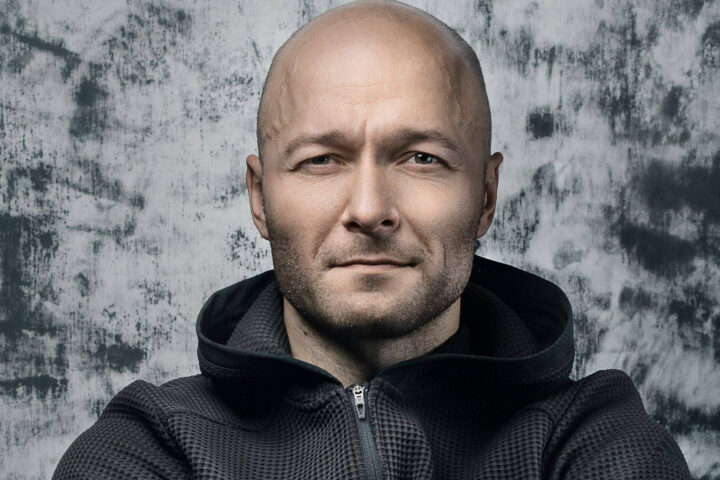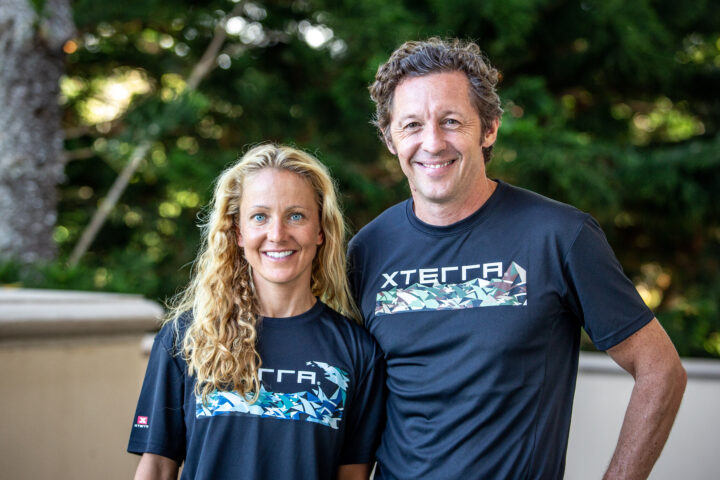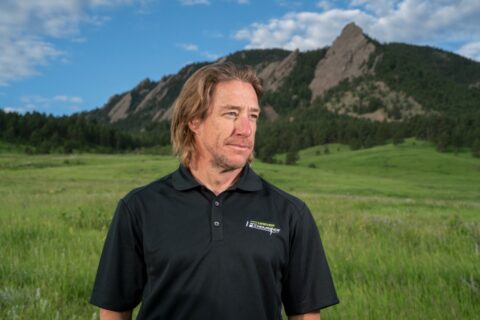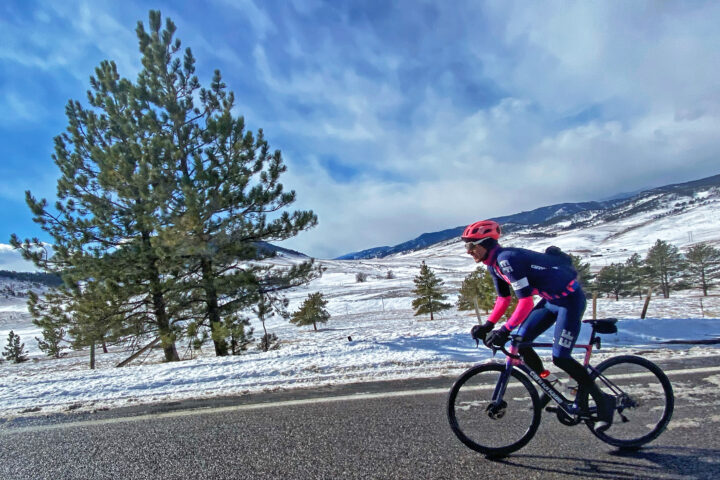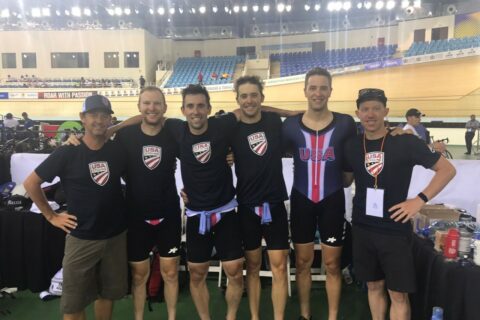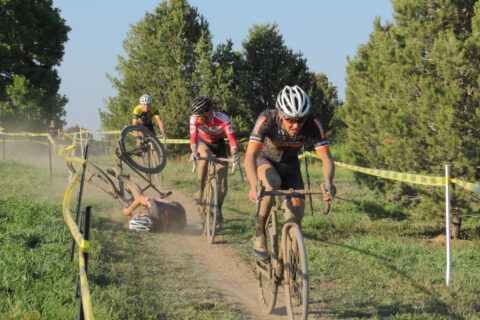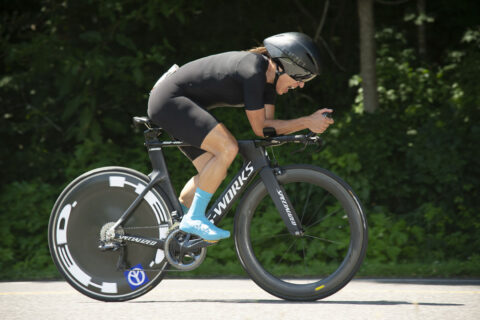The Fast Talk Podcast focuses on the science of endurance sports in a conversational and informative style. Mixed into the deep discussions, there are tips and takeaways regarding endurance training philosophy, human physiology, workout design, performance nutrition, and sport psychology.
Our hosts Trevor Connor and Rob Pickels explore these topics with world-class, leading experts on endurance sports. These include researchers like Dr. Stephen Seiler, Dr. Bent Ronnestand, Dr. Inigo San Millan, as well as coaches such as Joe Friel, Neal Henderson, Stacy Sims, and Grant Holicky.
Subscribe to Fast Talk for over 275 episodes on Apple Podcasts, Google Podcasts, Overcast, Soundcloud, Spotify, Stitcher, and on your favorite podcasting app.
